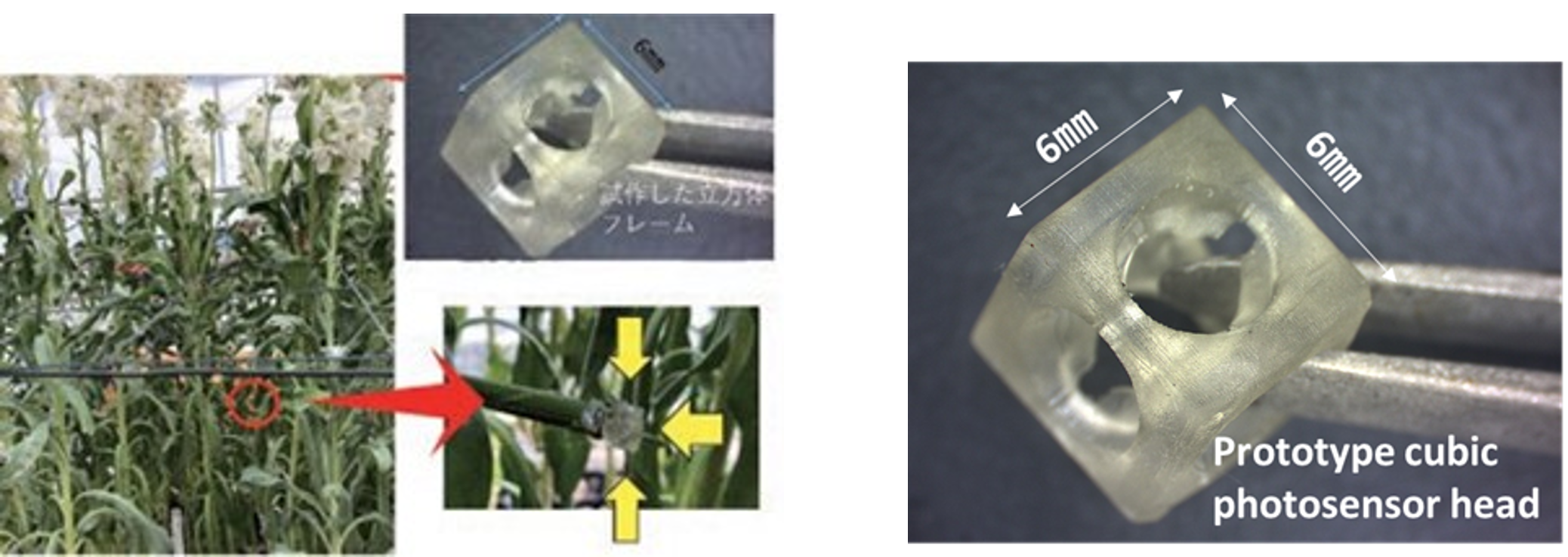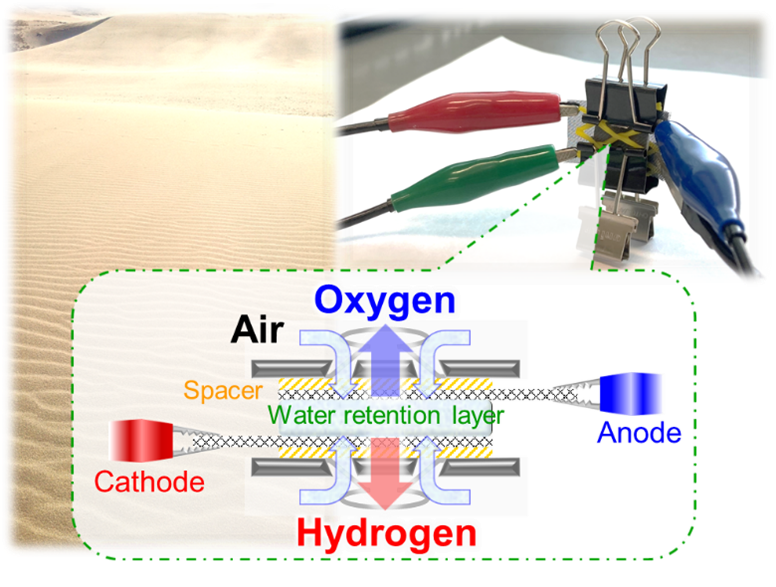Technology Development Project

Project Leader
Assoc. Prof. Naonobu Katada, Faculty of Engineering
Project Organization
Technology for Water Resources Management Group
Leader: Assoc. Prof. Yuki Kajikawa, Faculty of Engineering
Technology for Cultivation-Environmental Instrumentation and Measurement Group
Leader: Prof. Kohtoku Ohmi, Faculty of Engineering
Technology for CO2-free Production of Materials and Energy Group
Leader: Prof. Naonobu Katada, Faculty of Engineering
Project Introduction
“From drylands, technology that contributes to human sustainability”
In this project, we will focus on the three fields of water resources, cultivation environment, and CO2-free production. We will apply pioneering technologies to solve problems taking into account local conditions and build an industrial foundation that contributes to the sustainable development of humankind.
- 1. Water resource management technology: With the objective of solving various problems related to water, we will create new management methods for water resources and polluted water. This will be done through initiatives such as the development of a prediction model for destruction of water storage facilities consist of soil embankment and a stability evaluation method for water storage facilities, seepage evaluation methods for contaminated water and other fluids for ground materials, and the establishment of technologies that predict the deterioration of structures due to seepage and the development of waterproof materials. We will also develop a new system that can provide the appropriate start time for evacuation in case of destruction of the facilities.
- 2. Cultivation environment measurements and measurement technologies: We are developing cultivation technologies to realize the cultivation with low environmental load for the hard-cultivation area due to the climate change. We will develop technologies such as light quality adjustment agricultural films, 3D optical measurement system with optical fibers and nanotechnology, greenhouse lighting design technologies that are suitable for cultivation areas and crops, and cultivation manuals based on trial cultivation.
- 3. We will open ways for production of energy and chemicals without CO2 evolution by developing technologies for direct air electrolysis, catalytic hydrogenation of carbonyl compounds, and bioconversion of glycerol. Direct air electrolysis enables the production of green hydrogen from atmospheric moisture in drylands; catalytic hydrogenation of carbonyl compounds enables the production of chemical feedstocks for pharmaceuticals, agricultural chemicals, cosmetics, and polymers from plant resources; and bioconversion of glycerol enables the production of high value-added substances from glycerol waste, which is a byproduct of biodiesel production.


